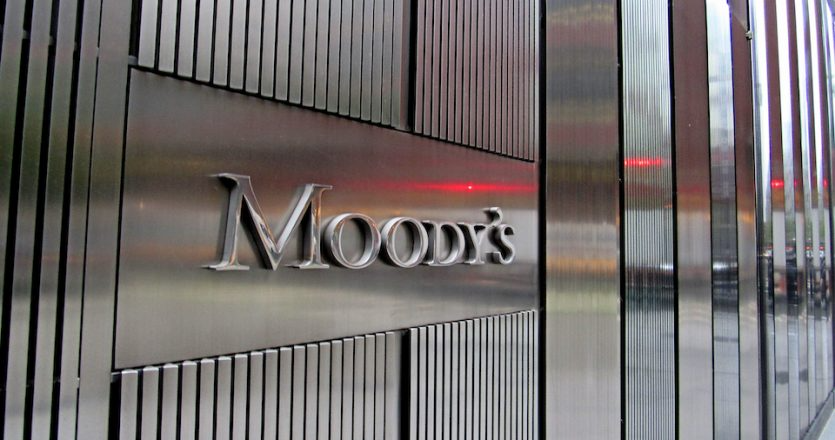
Moody's confirmed its reputation as the "strict" rating agency, as it did not give our country an investment grade on Friday. Specifically, it maintained the rating at Ba1, one notch below investment grade, but upgraded the outlook to positive from stable.
THE FOLLOWING RATINGS
Keep in mind that S&P and Fitch were the next two agencies to assign the nation an investment grade in early September 2023, with Moody's rating remaining one notch below investment grade despite a double upgrade in September of last year. The Greek rating is already rated with a positive outlook by DBRS, S&P and Scope. Next appointments with the rating agencies are with Standard & Poor's on October 18 and Fitch on November 22
THE DEFICIT
One of the main reasons the agency did not give the investment grade is the current account deficit. "Greece has potential for diversification and growth in the manufacturing sector and high-tech exports, but progress will take time and large current account deficits of 4%–5% of GDP are expected over the next five years as the recovery in investment will lead to strong import growth for capital and intermediate goods and the household savings rate will improve at a moderate pace," the agency said.
PROSPECTS
Adverse demographic trends are another long-term obstacle to potential growth, and the expected positive effects of the European Recovery Fund (RRF) investments and productivity reforms will only partially make up for them.
THE HIGHLIGHTS OF THE POSITIVE OUTLOOK
The agency says the affirmation of the Ba1 rating reflects the significant improvements in recent years in implementing structural reforms and fiscal convergence, against ongoing challenges in areas such as efficiency in the administration of justice, reducing macroeconomic imbalances, and too much debt. Moody's also:
- Sees an increased likelihood of sustained strengthening of the banking sector, which reduces the risks to the government. The health of the banking system has already improved significantly in recent years, and now Greek banks are close to the European average on many indicators of financial strength. According to European Banking Authority (EBA) data for Q1 2024, capitalisation ratios are close to the EU average, with Greek banks' CET1 ratios at 15.5% compared to 16% in the EU. Greek banks' profitability is stronger and they have the lowest cost-to-income ratio in the EU -
- Expects fiscal deficits of around 1% of GDP for the general government from 2024 to 2026, registering a further improvement from a 1.6% deficit in 2023. In addition, it expects primary surpluses of 2.2% of GDP in 2024-2026, exceeding the targets in the Greek stability programme. At the same time, it forecasts debt to fall below 150% of GDP by 2025 and to levels below 140% of GDP by 2027
- While NPLs remain above average, the prospects for further reductions close to the EU average of 1.9% over the next 1-2 years are good. The €1 billion expansion of the Hercules guarantee scheme will increase the likelihood of further reductions in NPL ratios. Signs of improvement in the banking sector are also visible from the sale of Piraeus' stake in March and the planned sale of Ethniki's stake by the HFSF.






